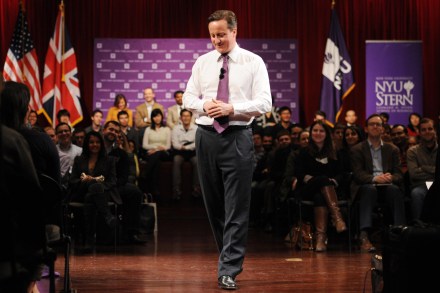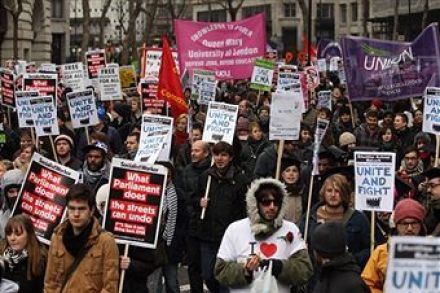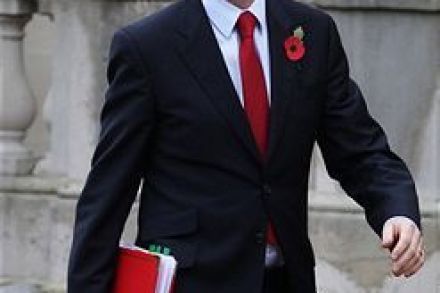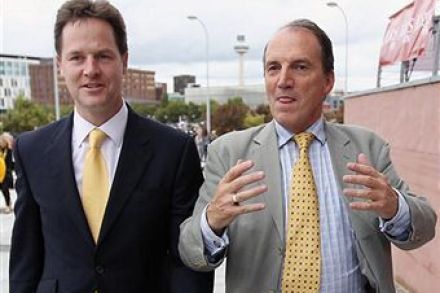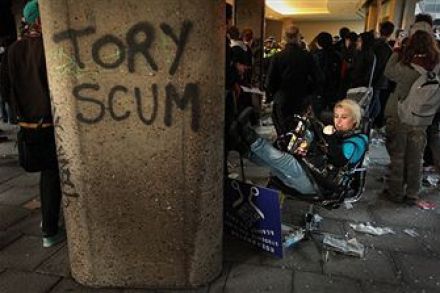Another voice: How ministers are gaming the net migration target
International students are currently the largest single category of immigrants who count in the net migration figures, which cover all those intending to stay more than a year. In the most recent figures (the year to June 2011) there were 242,000 such students — making up 40 per cent of so-called ‘long term’ immigration. However, as a new report by IPPR sets out, international students are not really ‘long term’ immigrants at all. They are far more likely to return home after a few years than the other main immigration categories of work and family: the evidence suggests only around 15 per cent stay permanently. Clearly, it would be wrong
